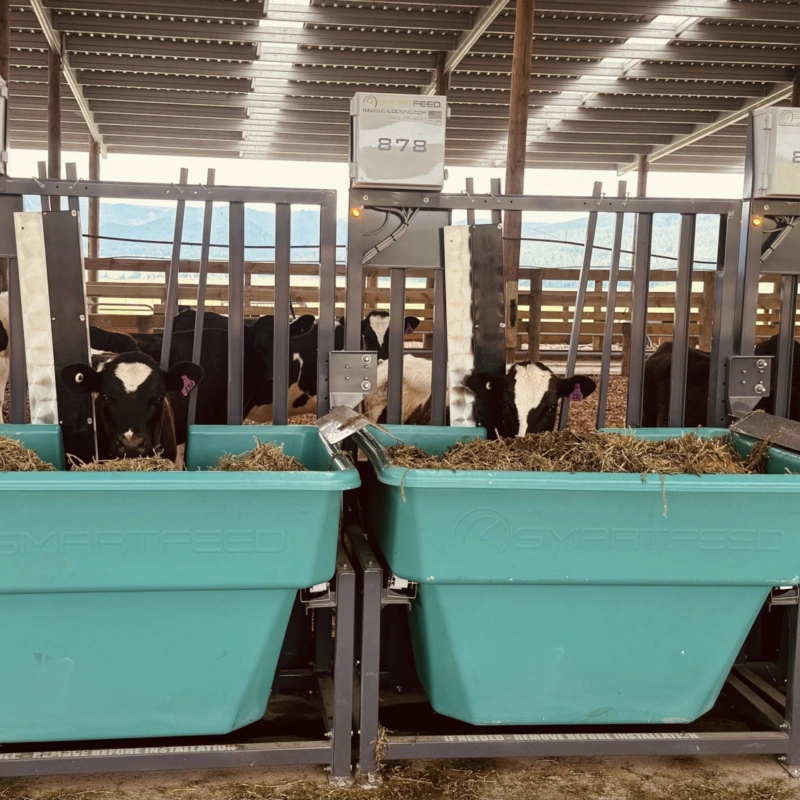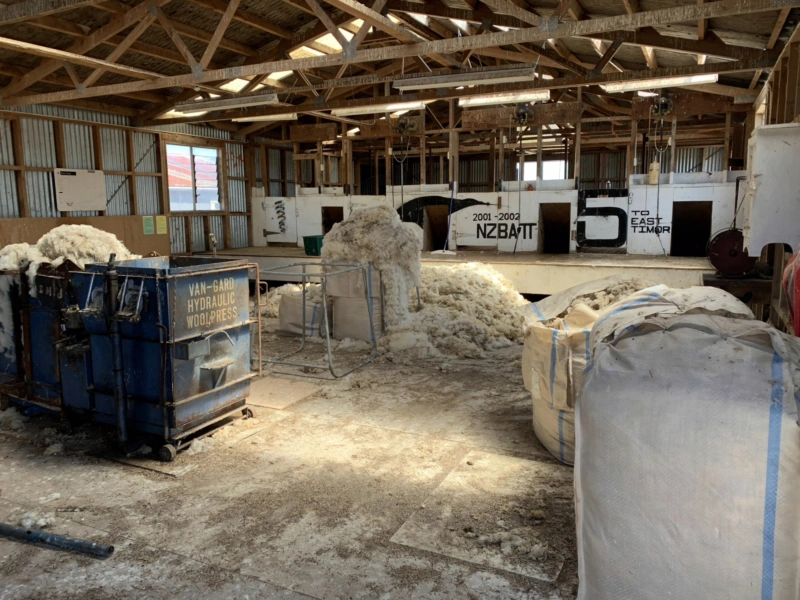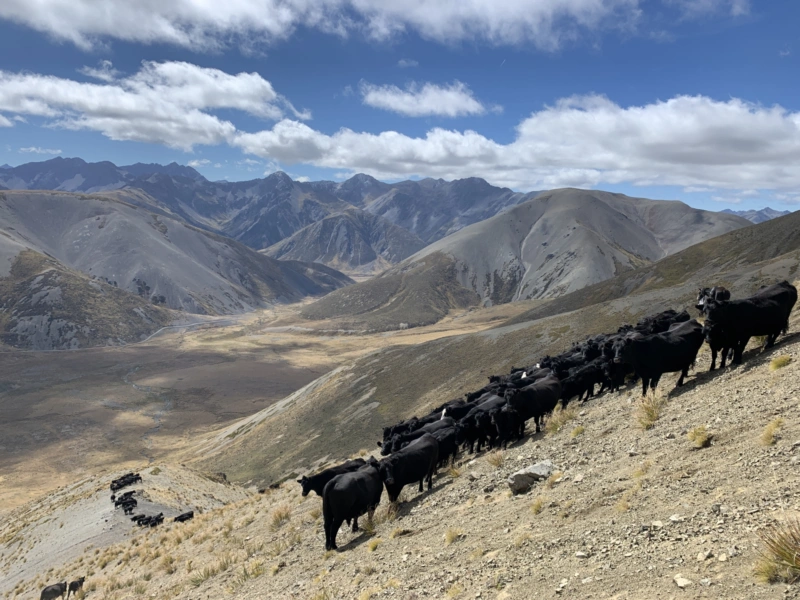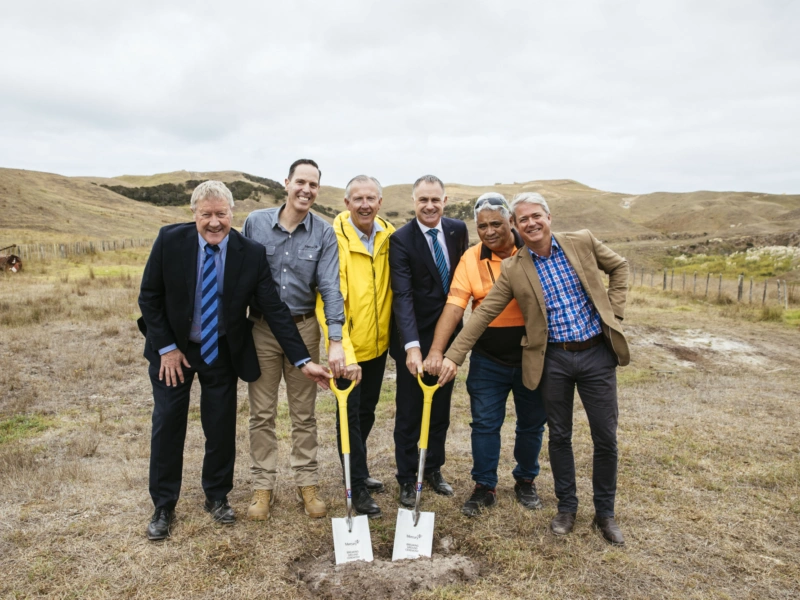A new feed conversion efficiency and methane testing facility run by Pāmu Farms of New Zealand has welcomed its first cohort of heifers.
The facility at St Kilda near Taupō provides measurement data for residual feed intake and methane selection for beef and dairy-beef genetics for both Pāmu and wider-industry use. It will also offer capacity for third-party research such as testing other methane mitigation technologies to facilitate their path to commercialisation and support the development of better measurement proxies for methane in cattle.
Pāmu Chief Executive Mark Leslie says: “This milestone is a coming together of our strategic programmes. This includes developing an integrated profitable dairy beef approach; lowering pastoral greenhouse gas emissions and farming more sustainably; as well as the broader role of Pāmu in collaborating in pastoral emissions reduction for the good of Aotearoa New Zealand.”
He says the work, supported by Pāmu subsidiary Focus Genetics, helps fill the gap in low methane breeding nationally, as referred to in a recent report by the Climate Change Commission. The report cited while work was well underway in the dairy sector there was not enough evidence that low methane breeding for beef cattle would be available for the next contribution period which is 2031-2035.
Mr Leslie says:
“This facility is an important step forward. If we can measure, then we can manage and implement low-methane breeding programmes for New Zealand livestock. This, in turn, ensures more low-emission beef and dairy-beef genetics are available for the agricultural sector, contributing to Aotearoa New Zealand meeting its international commitments to reducing greenhouse gases.”
Pāmu is undertaking testing across beef cattle and sheep, and potentially deer, to identify sires who are the most efficient converters of feed into growth as well as emitting lower volumes of methane.
“Selecting for a new trait requires consideration of the impact it may have on existing production traits. As with all other traits, incorporating low-methane genetics requires a balance between the rate of change wanted in the new trait, with the consequential impact on the rate of gain being achieved on the existing production traits. Focus Genetics has been working with AgResearch on this and is satisfied that methane reduction incorporated into a balanced index allows gains to be made in all traits.”
The overall work aligns with the broader agricultural sector’s programmes on low methane outcomes and supports the delivery of goals in the Pāmu Emissions Reduction and Adaptation Plan.
The work also aligns to the State-owned Enterprise's sustainability-linked loan targets, which include a livestock breeding value goal of reducing methane emissions from livestock.
Pāmu is hosting an open day for farmers and industry to visit the facilities at St Kilda on Wednesday 12 February. Numbers are limited so registration essential Register below:



